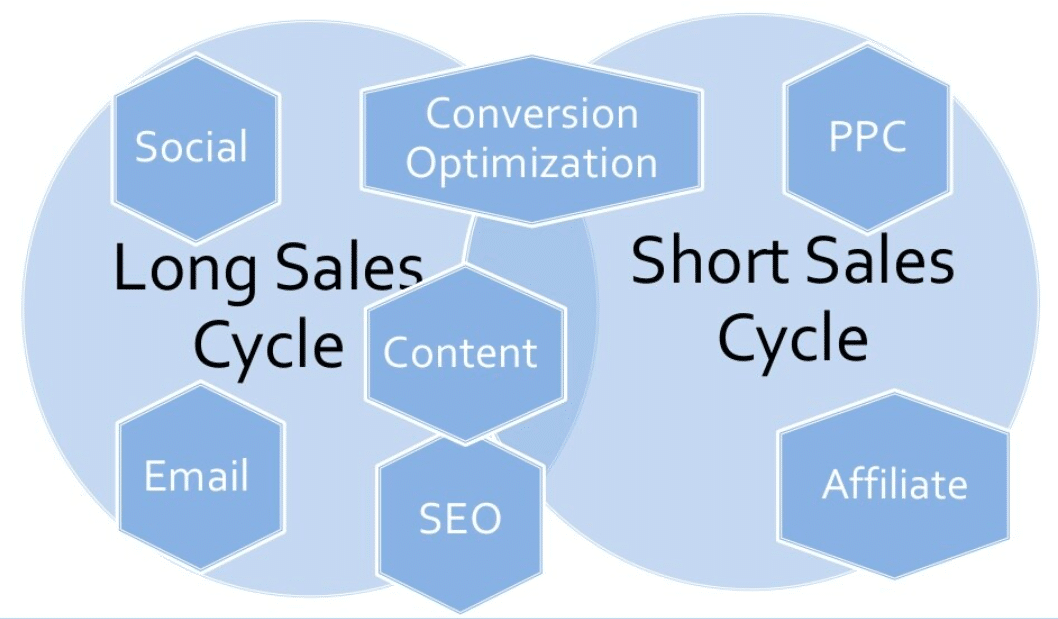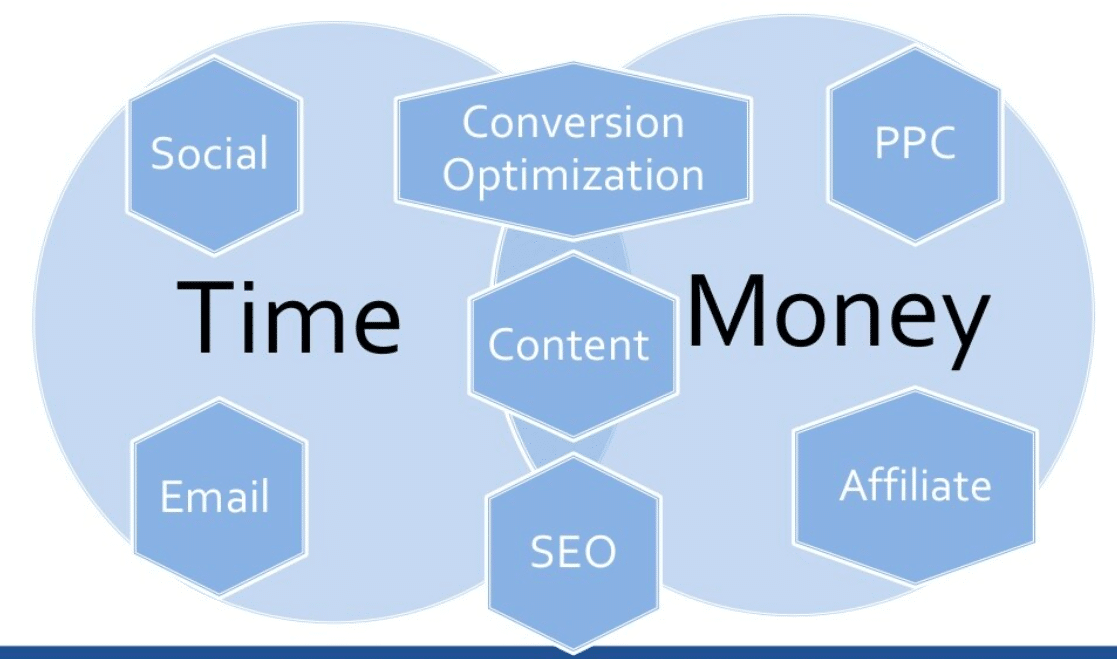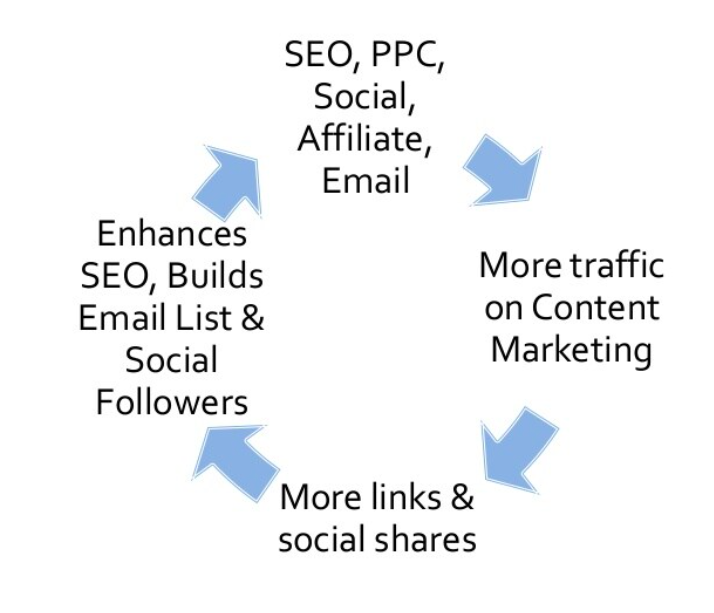Marketing strategies are essential for any business’s success. For small businesses, creating the right digital marketing strategies is crucial. While it may be tempting to focus all your marketing budget on one digital promotion idea, it’s wiser to diversify across various tactics. Small businesses should build a multi-channel marketing strategy to improve their chances of reaching their target audience, meaning each business’s digital marketing strategy will be unique.
To decide which tactics are best for marketing and promoting your business, you need to understand the available digital tactics. Here are some of the most common digital marketing strategies for small businesses to consider.
Common Digital Marketing Promotion Ideas
SEO (Search Engine Optimization)
This approach to marketing and promoting your business is essential because it helps you compete with larger companies. SEO is one of the most effective digital marketing strategies for small businesses, as it drives traffic to your website when people search for the products and services they need, both online and in their area. It can also help build brand awareness for your business by consistently appearing in the results for different related searches through:
- Keyword research and volume
- Optimizing content to include high-quality, relevant information across your website
- Internal link building to connect your content to already high-ranking, reputable websites
PPC (Pay-per-click) Advertising
Pay-per-click (PPC) ads are designed to generate click-throughs to your website, but they can ultimately be used for a variety of digital marketing strategies for your small business, including building brand awareness, expanding your client base through sales, and retaining your current customers. When people are searching for the products and/or services that you provide, your ad should appear if they meet the demographic and behavioral criteria you established for your advertisement campaigns. In addition to marketing and promoting your business directly to your target audience, PPC advertising can help you establish brand awareness by enabling your brand to repeatedly show up in the results for various related searches, or “stalking” your website visitors across the web with your ads through:
- Banner/Display
- Social Ads
- Content Discovery
- SEM (search engine marketing)
- Comparison shopping engines
- Retargeting
Content Marketing
The goal behind this digital marketing strategy for your small business is to give prospective customers the information they need to know about the products and services you provide. For your target audience to get the full picture of your company, you need to direct them to your website. While everyone is trying to promote their business through digital marketing, the businesses that take the time to educate and inform their target audience are more likely to be viewed as thought leaders and experts in their field. And once people attribute a certain level of expertise to, and confidence in your company, you’ll be more likely to expand your business. Content marketing relies on delivering high-quality and valuable information to your target audience digitally, typically through:
- Blogging
- Podcasting
- Whitepapers, e-books, etc.
- Video
Social Media
While there’s no denying that social media is everywhere, it can be a difficult digital marketing strategy for small businesses to properly utilize. When done right, social media marketing can be an incredibly effective digital marketing promotion idea. It can help:
- Establish thought leadership and provide evidence that you’re an expert in your field
- Build and nurture relationships with:
- Prospects
- Brand champions
- Existing customers
- Strategic partners
Keep in mind that if you’re trying to utilize all of the social media platforms to market and promote your business, it can be difficult for small business owners with limited resources to maintain all of those accounts at once. Social media marketing is all about developing a relationship with your target audience, not just creating content to sell to them. Rather than trying to communicate across all social platforms, find out which channels your target audience is active on and use those platforms to engage with your audience.
Email Marketing
Email marketing is a great digital marketing strategy for small businesses, but it does require you to build a list of existing and prospective customers and clients for it to be truly effective. Once you have your list in place, email marketing provides you the opportunity to:
- Share updates, promotions, and general messaging about your business and industry to establish yourself as a thought leader and drive visitors to your website
- Build and nurture relationships with prospects and existing customers
- Convert subscribers into leads
Affiliate Marketing
It might seem strange and counter-intuitive, but this digital marketing strategy for small businesses allows you to harness the power of other company’s networks and marketing efforts by offering them an incentive to generate leads and sales for you.
Conversion Optimization
No matter which digital marketing strategies for your small business you choose, you’ll need to figure out which ones are helping to move your customers onto the next step of the sales funnel. Much like a science experiment, you’ll need to perform ongoing testing and measuring to understand which digital marketing promotion ideas are resonating with your target audience so you can increase your investment in those tactics and less in the tactics that aren’t working.
While you’re measuring which digital marketing strategies for your small business are working, we’ve laid out some of the pros and cons to consider below.
Pros and Cons of Each Digital Marketing Strategy for Small Businesses
| Digital Marketing Strategies for Small Businesses | Pros | Cons |
| SEO | Can generate a lot of “free” traffic
Tends to produce higher quality leads than PPC |
Time-consuming, requires constant content marketing and strong social media
Takes a long time to work Technical aspects of SEO are hard to do on your own |
| PPC | Instantaneous
Generates a lot of exposure |
Can be very expensive
Hard to do on your own |
| Content Marketing | Creates invaluable reputation for being an industry thought leader
Helps to convert site visitors into leads and subscribers |
VERY time consuming
Can be outsourced, but can’t be handed off completely Expensive to outsource |
| Social Media Marketing | Creates invaluable thought leadership content
Builds invaluable relationships with your audience Enhances your SEO |
VERY time consuming
Can be outsourced, but can’t be handed off completely Expensive to outsource |
| Email Marketing | Inexpensive
Nurtures and converts your leads into purchasing customers |
Can be a bit time-consuming
Needs to be consistent |
| Affiliate Marketing | Others do the heavy lifting for you | You have to give up a piece of the pie
You need to find and/or solicit the right affiliates to partner with |
| Conversion Optimization | Guaranteed results | Time-consuming
Technical, making it difficult to do on your own |
How Each Digital Marketing Strategy for Small Businesses Enhance One Another
The tactics that you choose to promote your business through digital marketing are ultimately attempting to drive more traffic to your website. The more website traffic you generate will enhance your site’s overall SEO while also, potentially, growing your list of subscribers. Enhancing your SEO and growing your email marketing list, in turn, continues to drive more traffic to your website. There are some additional factors to consider when choosing the right digital marketing strategies for your small business. The most important of which are:
- How much of your time each of these marketing strategies will take
- How much each of these strategies costs
- How do these tactics play into the short- and long-term sales cycles
Read more: 5 Fundamental Marketing Steps to Build An Effective Online Marketing Strategy


